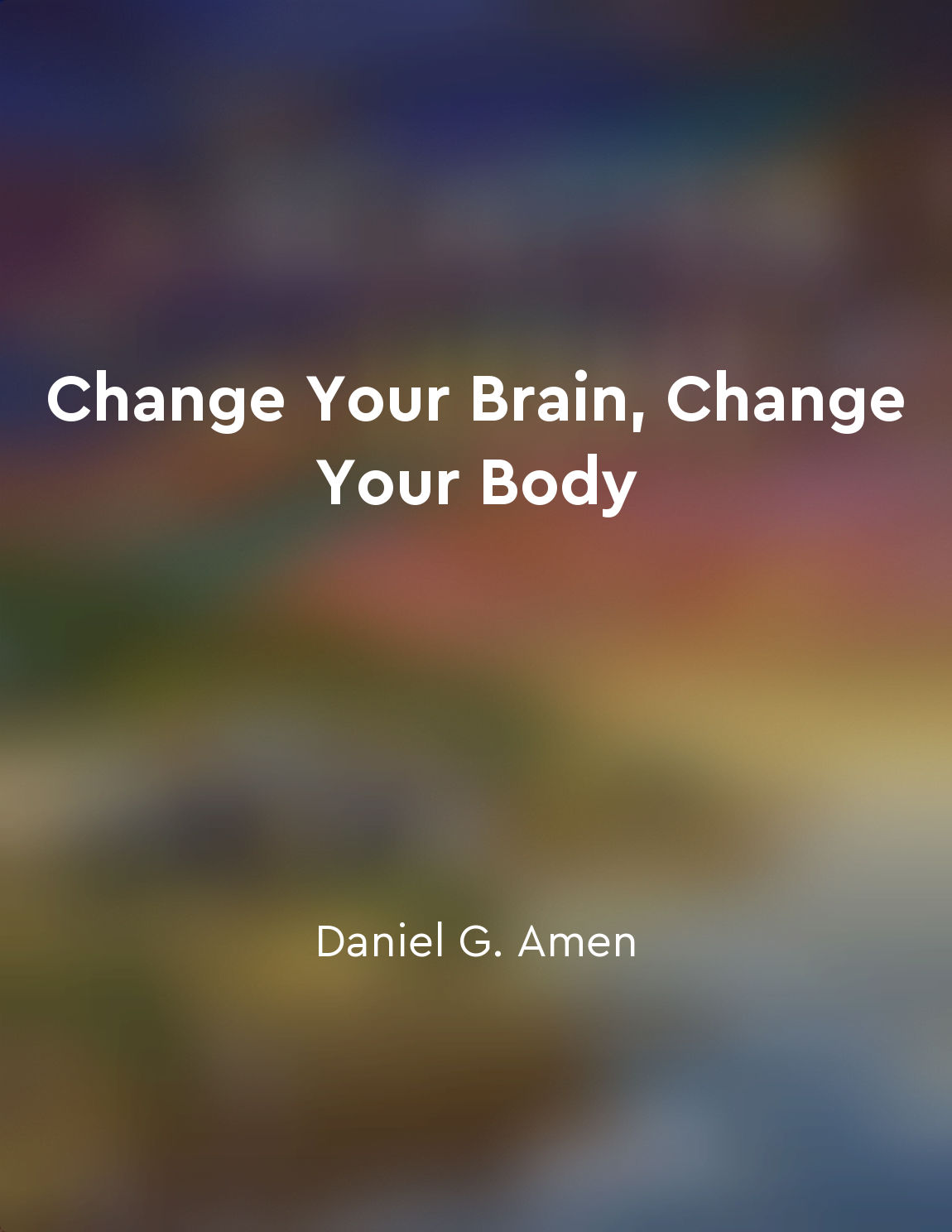Medication alone is not a cure for ADHD from "summary" of Scattered Minds by Gabor Maté, MD
The idea that medication alone can effectively address Attention Deficit Hyperactivity Disorder is a misguided one. While pharmaceuticals may alleviate some of the symptoms associated with ADHD, they do not offer a comprehensive solution to the challenges faced by individuals with this condition. In fact, relying solely on medication can lead to a false sense of security and overlook the underlying issues that contribute to ADHD. ADHD is a complex neurobiological disorder that involves a combination of genetic, environmental, and social factors. It is not simply a matter of chemical imbalance in the brain that can be corrected with a pill. To truly address the root causes of ADHD, a holistic approach is necessary. This includes addressing emotional and psychological factors, as well as implementing behavioral strategies and lifestyle changes that support optimal brain function. Furthermore, the long-term effects of relying solely on medication for ADHD management are not well understood. While medication may provide temporary relief from symptoms, it does not offer lasting benefits in terms of cognitive functioning, emotional regulation, or overall well-being. In fact, some studies suggest that over-reliance on medication may actually worsen symptoms over time and lead to dependency on pharmaceutical interventions. In order to effectively manage ADHD, a comprehensive treatment plan that includes medication as one component is essential. This may involve therapy, coaching, education, and lifestyle modifications that support healthy brain development and functioning. By addressing the multifaceted nature of ADHD, individuals can learn to manage their symptoms more effectively and improve their overall quality of life.- It is important to recognize that medication alone is not a cure for ADHD. While pharmaceutical interventions may provide some relief from symptoms, they do not address the underlying causes of the condition or offer long-term benefits. A holistic approach that considers the complexities of ADHD is essential for effective management and improved outcomes.
Similar Posts
Brain coordinates bodily functions
The brain serves as the control center for the body, coordinating a myriad of bodily functions to maintain homeostasis and ensu...

Foster a sense of autonomy and responsibility
Helping your child develop a sense of autonomy and responsibility is crucial for their growth and development. Autonomy refers ...
Morality is compromised for success
The pursuit of success often comes at a cost, a cost that is not always apparent until it is too late. As individuals strive to...

Thoughts can influence physical health
Our thoughts have a powerful impact on our physical health. The connection between the mind and body is undeniable. When we thi...
Nurturing relationships are crucial for mental wellbeing
One of the most fundamental truths about human beings is that we are social creatures. We are wired to connect with others, to ...
Hormonal imbalances can affect brain function
When your hormones are out of balance, it can have a significant impact on how your brain functions. Hormones play a crucial ro...

